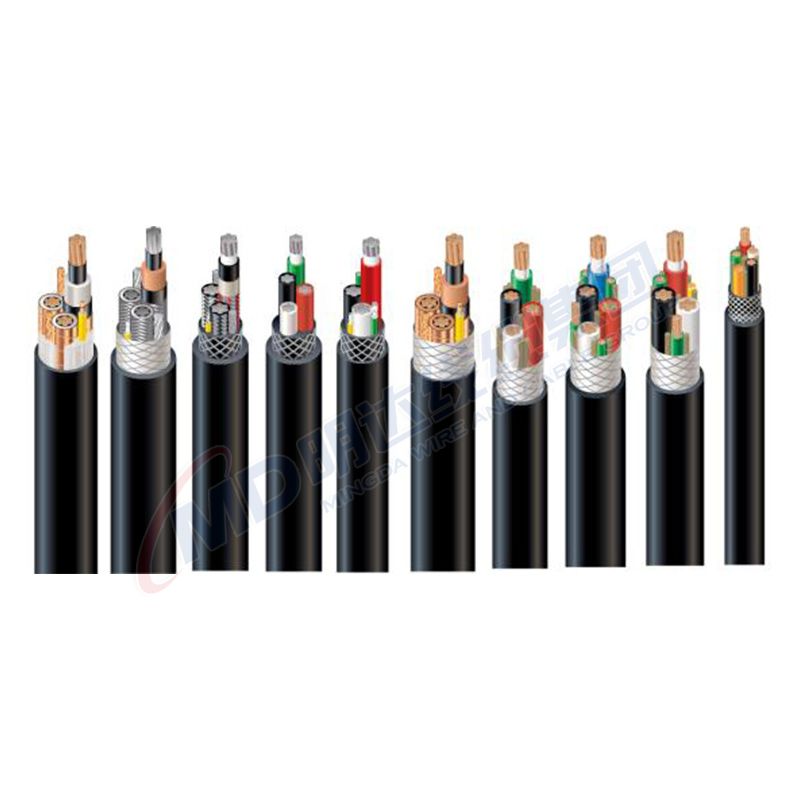10 月 . 31, 2024 16:14 Back to list
Understanding the Benefits of Silent Check Valves in Fluid Control Systems
The Importance of Quiet Check Valves in Industrial Applications
In various industrial processes, the efficient management of fluids and gases is paramount. One component that plays a crucial role in ensuring this efficiency is the quiet check valve. These valves are specifically designed to prevent backflow in piping systems while minimizing noise—a critical consideration in many operational environments.
What is a Quiet Check Valve?
A quiet check valve is a one-way valve that allows fluid to flow in one direction while preventing reverse flow. Unlike traditional check valves, which can cause significant turbulence and noise when flow changes direction, quiet check valves are engineered to operate more smoothly. They typically incorporate features such as soft-closing mechanisms or unique internal designs that reduce noise levels, making them ideal for applications where sound attenuation is important.
Applications of Quiet Check Valves
Quiet check valves are widely used in various fields, including HVAC systems, fire protection systems, water distribution networks, and industrial processes. In HVAC systems, for instance, they help maintain proper air and water flow while ensuring that noise pollution is kept to a minimum. This is especially important in residential areas or places where maintaining a calm environment is essential, such as hospitals and schools.
In fire protection systems, the valves help ensure that water flows effectively to the necessary locations and that pressure is maintained without creating disruptive sounds. Similarly, in water distribution networks, quiet check valves contribute to a smoother flow of water, reducing the risk of water hammer—a phenomenon that can result in damaging acoustic shock waves within piping systems.
Benefits of Using Quiet Check Valves
quiet check valve

1. Noise Reduction The most significant advantage of quiet check valves is their ability to operate with minimal noise. This feature is crucial in settings where noise can lead to complaints or disturbances.
2. Improved Reliability These valves provide reliable protection against backflow, ensuring that systems operate efficiently without interruptions.
3. Energy Efficiency By maintaining smooth fluid flow and reducing turbulence, quiet check valves can contribute to overall energy savings within a system, as less energy is required to overcome resistance in the pipes.
4. Durability Many quiet check valves are designed with robust materials that withstand harsh conditions, ensuring longevity and reducing maintenance requirements.
5. Versatility They are suitable for various applications, from residential plumbing to large-scale industrial operations, making them a flexible choice for engineers and system designers.
Conclusion
In conclusion, quiet check valves have proven to be an essential component in many industrial and commercial applications. Their ability to prevent backflow while minimizing noise makes them an ideal choice for systems where sound levels need to be controlled without sacrificing efficiency. As industries continue to prioritize sustainability and noise reduction in their operations, the role of quiet check valves will undoubtedly grow in importance. As technology advances, we can expect even more innovative designs that further improve the function and efficiency of these critical devices, ensuring a more harmonious operation across various fields.
Share
-
Understanding the Differences Between Wafer Type Butterfly Valve and Lugged Butterfly ValveNewsOct.25,2024
-
The Efficiency of Wafer Type Butterfly Valve and Lugged Butterfly ValveNewsOct.25,2024
-
The Ultimate Guide to Industrial Swing Check Valve: Performance, Installation, and MaintenanceNewsOct.25,2024
-
Superior Performance with Industrial Swing Check Valve: The Essential Valve for Any SystemNewsOct.25,2024
-
Industrial Swing Check Valve: The Ideal Solution for Flow ControlNewsOct.25,2024
-
You Need to Know About Industrial Swing Check Valve: Functionality, Scope, and PerformanceNewsOct.25,2024